SXSW
“The Way Back @ The #DellExperience LIVE from #SXSW – learn more about the project through these live interviews with the founders."
Recreating positive moments from the past, we take viewers back
in time to trigger memories and spark precious conversations.


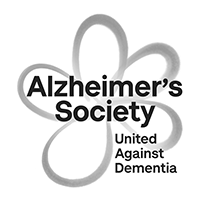
“They suddenly feel that they are there. They remember the time, the day, who they were with... and they start to tell you all about it.”
“By watching The Wayback, you can be there in a second... remembering the party you went to, the cakes you ate, the dress you wore... it is a fantastic validation of feeling alive still.”
“Dementia care is evolving... the three most important things in advancing care are stimulating senses, reminiscing and the use of technology. The Wayback does all three at once.”
“It’s so helpful for staff, carers... even family... to have a tool like this to start a conversation. Sometimes that can be the hardest thing.”
"The images in this film are just fantastic... it will be a huge help to people reliving the past. People with dementia might not even be able to remember who their loved one is... but when they hear a piece of music or see a certain period of time, it can really jog their memory."
The Wayback is a new way to trigger intact memories and stimulate conversations about them. It can help improve the connection between people with dementia and their families and carers – which in turn can improve the level of care they receive and quality of life.
The Wayback offers a new, immersive way to trigger much loved memories from their past; to evoke the happy feelings that go with them, and spark new, precious conversations with loved ones and carers.
Dementia can leave you feeling unsure of every situation you find yourself in. The Wayback offers a non-drug alternative way to relieve stress and challenging feelings caused by dementia.
The Wayback gives carers a simple way to spark precious conversations that can be so hard to come by. It’s also a great inter-generational tool, bringing the old and young together to learn about the past.
Our goal is to maximise the exposure of The Wayback to people living with dementia and their carers everywhere. The design of our cardboard headset eliminates expensive hardware costs, and we operate affordable subscription models.
Accessibility is key. All that is required to watch The Wayback is a simple VR cardboard headset which we supply, and a smartphone. Whilst The Wayback uses cutting edge technology with 360-degree viewing and sound, access is very low tech and simple.
Each one is the product of countless hours of research and ‘memory sessions’ in care homes. This groundwork ensures that every scene is filled with thousands of details that will trigger different memories and emotions for everyone old enough to have been there. We continually find that it’s the small, generic details that evoke the strongest memories.
For example, in our pilot 1953 film, all of the food and drink on the table in the film came from our memory sessions; happy recollections abounded of fish paste sandwiches, jelly and ice cream, pilchards and Mackesons Stout. Another interviewee even sang us a selection of skipping songs and these too can be seen in the final film.
Covering the whole day of the 1953 Queen’s coronation, focusing on one street’s party celebrations. With scenes set in a typical 1953 living room and kitchen and out onto the street itself for the party games, food and songs. Watch the free preview on the app.
Our 6 chapters cover the days leading up to England’s famous World Cup Victory. With scenes set in a 1966 pub, living room, street, barbers and hair salon.
A film to help relive the memories of those settling in the UK from the Caribbean in the 1950s. Set in the home of one family and recreating the experiences of those early days, with music, fashion and conversations brought back to life, all designed to spark precious conversations.
To celebrate the 50th anniversary of the Apollo landings this special three chapter remembers a 1969 living room, child’s bedroom and moments from one of the most watched moments in history.
Relive the Queen’s Silver Jubilee celebrations, the explosions punk and Virginia Wade winning Wimbledon.
The Wayback will be a memory bank of moments through the decades. Evocatively recreated films detailing shared positive moments from the past.
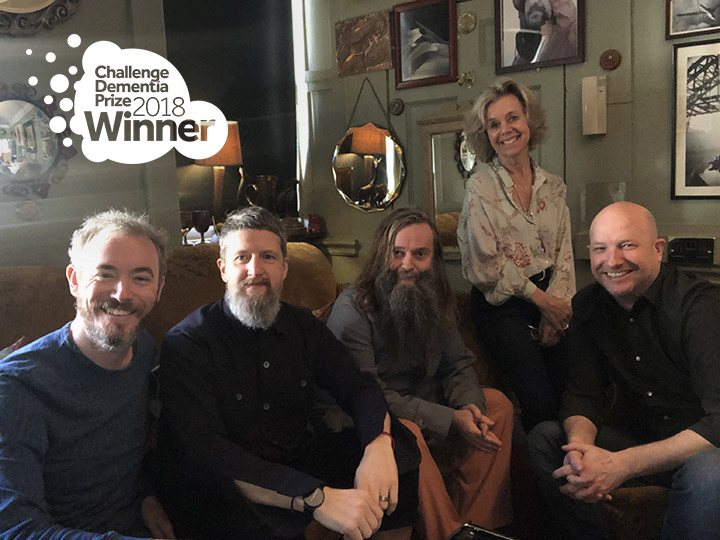
The U.K. Challenge Dementia Prize is an initiative by Essex County Council and partners in association with The Alzheimer’s Society, the U.K.’s largest dementia charity.
The Prize was judged by leading experts in the care industry, together with care workers and those living with the disease. The Prize is helping us develop more films in the series and make The Wayback a sustainable business.
Our thanks to all those who took part in the Challenge and the partners who made it possible: PA Consulting, Healthwatch Essex, University of Essex and Tech UK.
“All we have is the present – but recalling the past with The Wayback is one of the ways we can create new positive moments for people living with dementia.”
“You’ve brought these memories to life so it’s easier for us to engage in conversations. Our residents were engaged for the best part of an hour, picking it up passing it round... I think more care homes should be looking at doing this.”
“The Wayback enables people living with dementia and their families and carers to connect and share memories... a powerful and useful resource for professionals and families alike.”
“Dementia can leave you feeling unsure about every situation you find yourself in, but being immersed in familiar moments when the dementia didn’t exist, such as watching the Coronation on a black and white TV, seemed to instil a feeling of certainty and security in our residents.”
Kevin Thomas who directed The Wayback ‘Coronation 1953’ is an Emmy award-winning director. Dan Cole and Andy Garnett are highly respected creatives in the advertising industry with numerous accolades to their name. Philippa Thomas and Trent Simpson are Producers who have a wealth of film making experience.
The skills of the above team combine to create the concepts and direct and produce the film to an exceptionally high standard.
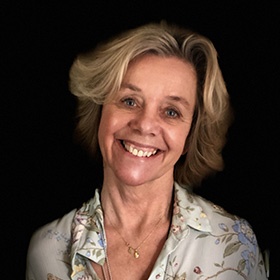
Co Founder /
Managing Director
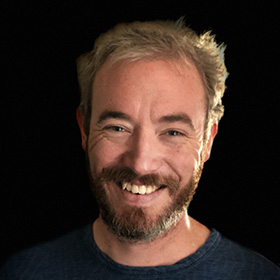
Co Founder /
Head of Production
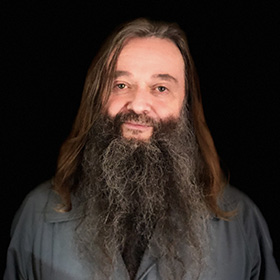
Co Founder /
Creative Director | Films Director
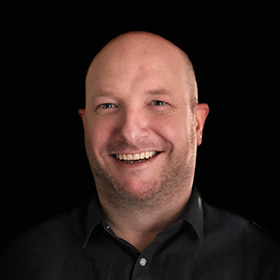
Co Founder /
Creative Director
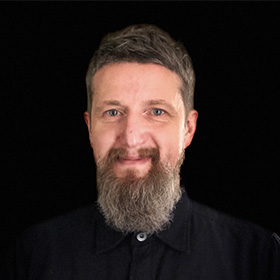
Co Founder /
Creative Director
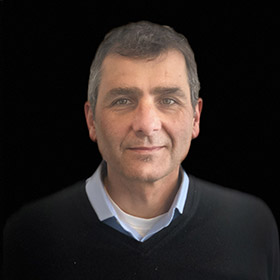
General Manager of Operations
We exist solely to find moments of connection and spark conversations with them. Taking them back to happier times.
Thank you for your continued support.
My Dad, Reg, a London black cab driver, who only lost his way in the final months living with dementia. A happy man who deserved a happier end.
David DriscollFor Don. A gentle man and kind husband to my mum Jean. A man with a passion for people, places and puddings. Rest up 'pops'.
Andy GarnettThis is dedicated to you Janny, with her infectious laugh. The best cook in town.
Nikki LFor "Uncle Alan" My Dads best mate for 68 years.
Vicki MaguireFor Granny and Grandma whose memories and stories of a world long gone I will do my best to pass on.
Madeleine MFor my dad, the perfect gentleman and for my mum, his best friend.
Dan ColeMy Darling Terry, always my hero and the love of my life. Your strength and sense of fun will stay with us all forever.
Mary ColeTo Lorraine and Tommy and all the memories at Lake Champlain.
Alix ToothmanDidiAbuelita Matilde, te quiero mucho xxx
Didi AdornoFor Bella, who would have been dancing on the tables I'm sure.
Alex Clarke-GroomTo Terry Cole, the perfect gentleman; kind, funny, great with stories and one of the few people in my life that I listened to.
Breda SpriggsFor Malcolm my lovely dad who worked so hard but never got a chance to enjoy his retirement.
Jack McFarlaneAunt Barbara who will reach 100 in early September.
Claude KeithIn memory of the very dapper John Badham
Rose PercyNanny Dot and granny Norma
Zöé CaldwellIn memory of my beautiful mom who taught me the power of positivity.
Elaine EavesTo Pat and Pat
Toby CourlanderRemembering everyone with Alzheimer’s.
Fabian BAny and all affected by Alzheimer’s
Sunjeeve PatelFor Brian
Gary McNulty, Sarah, Lucas & JayRemembering my beloved mother Dorothy Cichos, a gentle loving soul to the very end.
Berni BaerMy beautiful Dad, strong, kind, the most caring, the most gentlemanly, totally protective of his friends and loved ones….my hero.
Billy ColeRemembering Grandma Dolly Scott whose love and brilliance live on forever.
Courtney Scott